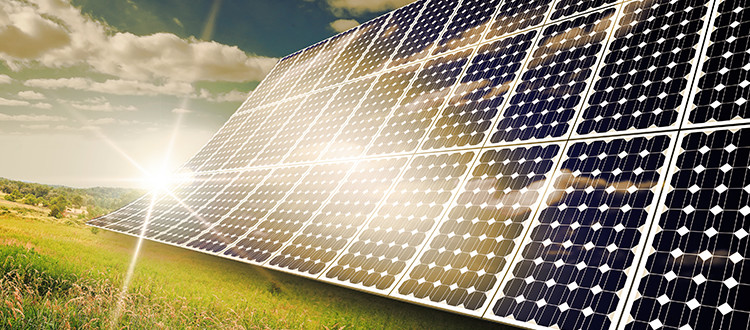There are many reasons why solar panels can be an essential part of your home’s energy plan. Not only can they save you money on your utility bills, but they also help protect the planet.
A solar system can also be a great way to offset rising utility rates that can significantly increase your energy costs over time. Additionally, if your local utility offers net metering, you can sell the excess electricity that your solar panels produce back to the power company.
Cost
Knowing how much does it cost to install solar panels varies depending on where you live. Generally, the more sunlight you get, the fewer panels you need to cover your energy needs.
However, the home’s electricity will also affect how many panels it takes to meet your power needs. Taking steps to save electricity and utilizing suitable solar panels will help you get the most bang for your buck.
Besides saving you money on your electrical bills, solar panels also contribute to a cleaner environment. The Office of Energy Efficiency and Renewable Energy reports that a solar system pays for itself within one to four years of use in terms of greenhouse gas emissions.
In addition, many states have programs that allow homeowners to sell their excess electricity back to the utility company, reducing their electricity costs further. This process is called net metering.
If you’re interested in installing solar panels but don’t have the capital to pay for them upfront, consider a power purchase agreement (PPA). This allows you to lease your panels from a solar company and avoid paying for installation, maintenance, and upkeep.
Efficiency
One of the most important aspects of a solar panel system is its efficiency. The higher the efficiency, the more electricity a panel can produce per square foot. This can be especially important in more significant buildings where there is a large floor area to cover.
Solar panels are rated for efficiency based on the amount of sunlight that falls onto a single cell (irradiance). The more sunlight absorbed by a single cell and converted into electricity, the more kilowatt-hours a panel can produce per square foot.
The efficiency of a panel is measured in a lab under Standard Test Conditions, or STC for short. Many things can affect a panel’s efficiency, from the size of the cells to the temperature they are exposed to.
Choosing the correct type of solar panels can also boost their efficiency. Monocrystalline silicon panels are generally the most efficient, with efficiency ranging between 20 and 23 percent. Other meetings, such as cadmium telluride and CIGS, have slightly lower efficiency.
However, several different solar cell technologies, such as polycrystalline or half-cut cells, can improve a panel’s efficiency. These solar cell technologies can increase the conversion rate by reducing resistive losses and minimizing heat transfer to the panel’s surface.
Durability
Solar panels are designed to last and withstand harsh weather conditions, making them one of the most reliable renewable energy sources. They typically have a 25 – 30 years lifespan and are one of the most sustainable ways to power your home or business.
However, how long your solar panels last depends on various factors, including the type of panel you choose, your local climate, and your maintenance routine. Choosing the right panels for your area can dramatically increase their longevity and efficiency, so it’s essential to research before you make a purchase.
Fortunately, manufacturers test and certify their solar panels to withstand the elements. For example, Mission Solar has tested its solar panels against extreme temperature changes, high-pressure storms, and high humidity.
Additionally, many solar companies offer warranties of up to 25 years; in some cases, they even go beyond this. In the case of Hurricane Maria, for example, Sunrun was one of the first national solar companies to send aid to Puerto Rico and power local fire stations in the aftermath.
But, as with any technology, even the best solar panels can degrade over time. A National Renewable Energy Laboratory study found that the average solar panel loses 0.8% of its output annually. So it’s essential to buy quality solar panels designed to withstand these harsh conditions so your system can work at its best throughout its lifetime.
Maintenance
Solar panels are built to withstand the harsh elements of nature, but that doesn’t mean they’re entirely immune to damage. A good maintenance schedule can keep your solar system running at peak efficiency and help you make the most of your investment.
One of the most important reasons to maintain your solar system is that it can help you avoid expensive repairs or replacements later on. A solar panel monitoring system can also notify you if something is wrong with your panels, allowing you to fix the issue before it worsens.
Another reason to keep up with your solar panel maintenance is that it can extend the lifespan of all the components in your solar system. This can extend the useful lifetime of your system well beyond its rated warranties and save you money on costly labor and equipment costs.
The most common types of solar maintenance include annual inspections and cleaning. While these are relatively simple tasks, they’re still essential to maintaining your system’s overall performance and maximizing lifespan.

